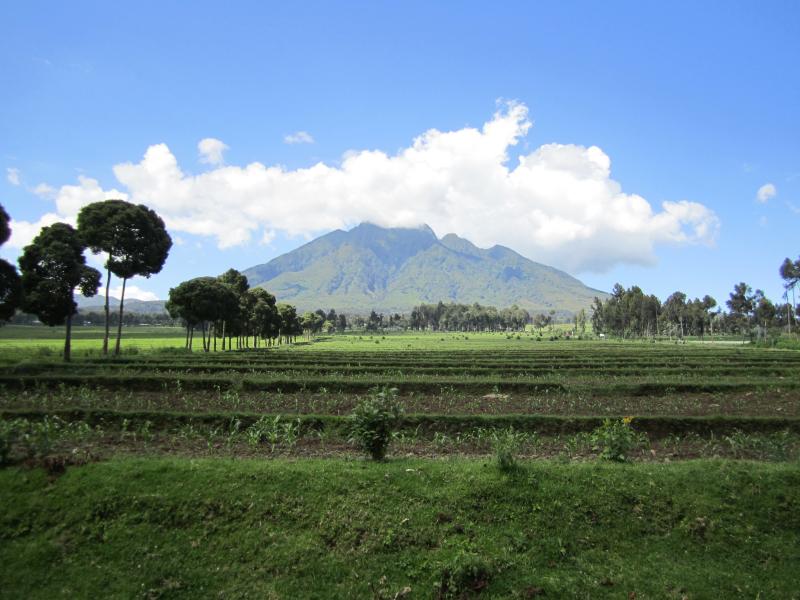

CAFI's second partnership phase in the Democratic Republic of the Congo signals a shift to Performance-Based Financing, underpinned by National Payment for Environmental Services (PES). Strategic directions for a large-scale PES programme was approved by the FONAREDD Steering Committee in December 2023. This article puts a spotlight on how important this tool is for incentivising sustainable rural development on a local level.
The Democratic Republic of Congo (DRC) has been working closely with CAFI since 2016, providing opportunities to test what works best in terms of sustainable rural development and financing in the country. After CAFI’s investment of $126 million in seven rural development projects, known by their French acronym PIREDD for “Projets Intégrés REDD+”, the 2nd DRC-CAFI Letter of Intent, which governs the next phase of the partnership, aims to scale up National Payment for Environmental Services (PES), with support through a dedicated global programme, pivoting towards a results-driven financial model.
What is Performance-Based Financing?
The first PIREDDs funded by CAFI in the DRC included piloting PES projects in various provinces and territories. They tested both the theory that direct or in-kind payments to rural populations could be beneficial, and how different payment modalities functioned in different contexts. In expanding these PES pilots, the objective of the next phase is to standardise tools, enhance auditing, and ensure steady financial support. In this context, PES rely on the principle that financial compensation that beneficiaries may receive depends on participants strictly following eco-friendly, deforestation-free land use practices. Payments are made only when these practices are used, promoting sustainable ways to protect and restore forests. Improving the reliability and traceability of data and compensation is essential to scaling up PES across the country.
Key components of the upcoming National PES Programme, whose strategic directions were approved by the FONAREDD Steering Committee last December, include both
(1) direct payments for reforestation, agroforestry and deforestation-free perennial crops, and
(2) collective payments for protection of community forests, their management and regeneration of natural forests. These payments, on the basis of compliance with land-use plans, will go through the Local Development Committees, and the revenues will be used to continue the implementation of "green development plans" (such as electrification by solar panels, etc.).
A gradual transition to a National PES Programme
The initial phase of the CAFI-funded PIREDDs largely piloted PES, for example, in agroforestry plantations and forest regeneration, and performance-based community approaches, like road maintenance and fire control. Improving information management, standardisation and predictability are vital in the next phase to ensure that PES not only reap environmental benefits but also foster inclusive growth by financially supporting rural populations.
The DRC-CAFI Programmatic Framework for 2021-2031 envisages that the core functions of PIREDD evolve over time, using a phased approach. The approved PIREDD Plateau approved last December, worth $11 million over three years, is designed to accompany the transition to performance-based financing under the future National PES Programme, by ensuring (i) all prerequisites are met; (ii) a substantial volume of PES contracts are secured; (iii) enabling local operators.
Lesson learned: avoid funding gaps
A challenge in PES programmes is consistent funding. Indeed, even a funding gap of several months could lead to decreased motivation and setbacks, for example in fire control areas. Long-term (seven to 10 years) multiannual budget planning will support the national PES programme and address the needs of local populations in a more sustainable and predictable way.
From its experiences in PIREDDs in the first phase of the partnership, CAFI and its partners have learned that standardisation and continuity are crucial for success in the coming years.
Although stakeholders and objectives may vary over time, the focus remains on empowering local stakeholders, preserving forests, and sustainable financial models for environmental services – providing a flexible blueprint for conservation and community empowerment.
Originally published on www.cafi.org